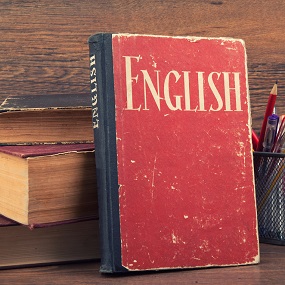English IGCSE
Studying for an English IGCSE qualification could not be easier. the Oxford Open Learning Trust will provide you with all the help you need to achieve a good pass mark.
Maths IGCSE
The Maths IGCSE course is the most comprehensive course of its type. At higher level it tackles harder concepts then the GCSE course and yet remains very accessible at foundation level
Science IGCSE
A comprehensive science qualification which counts as two GCSEs. The course covers Biology, Chemistry and Physics and is an ideal primer for the non scientist.


